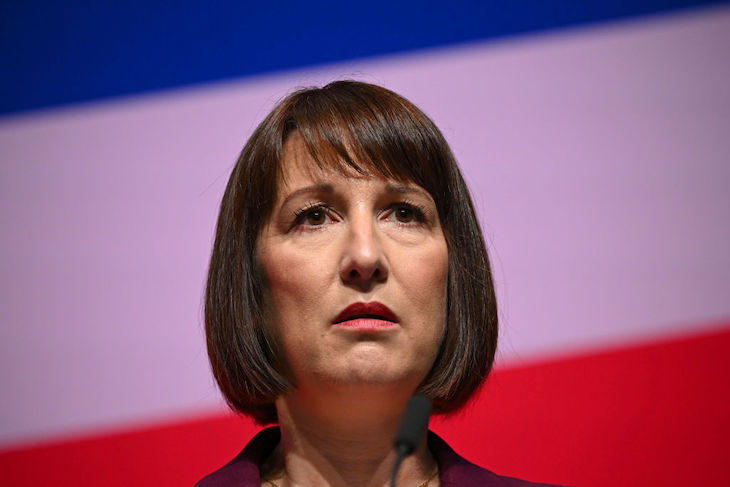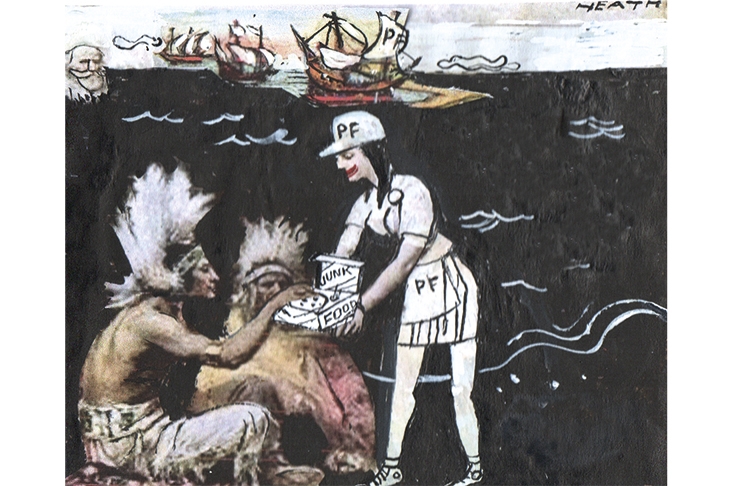During the general election campaign, Labour played a cautious game on tax: the party was careful not to share its bigger plans for getting more revenue into the Treasury until after the election was over. A few major tax hikes were ruled out – income tax, National Insurance and VAT – but it was quickly realised this meant all other taxes were fair game. Only a handful of relatively small tax hikes were announced in the lead-up to polling day, including putting VAT on private school fees and ending non-dom status.
Reeves must take the OBR’s calculations as gospel
The softly-softly strategy seemed to work, at least for getting through the election. It left the Chancellor Rachel Reeves with huge room for flexibility in the Treasury to do what she wanted in her first Budget on 30 October, thanks to the huge majority Labour now commands and the absence of almost any tax promise in the manifesto. But in the last few days, doubt has set in. Reports from the weekend suggest that even the smallest of revenue raisers could backfire enough to make Labour change – or at least temporarily divert – course on some of their longest-standing – and indeed only – tax pledges made ahead of the election.
This includes VAT on school fees and changes to non-dom status (those whose home for tax purposes is outside the UK). The government refused to confirm this weekend that plans to put a 20 per cent tax on private school fees would start from 1 January next year, as planned; an unlikely partnership of fee-paying parents and union representatives has come together to send the message that the fast implementation risks making teachers in the private sector redundant. It’s a tax that, in the grand scheme of the overall Budget, isn’t raising much – £1.5 billion in Labour’s best scenario – but early evidence suggests it may be nowhere near that much, as the Independent Schools Council reports that private school admission has fallen by nearly 2 per cent over the past year, which it estimates will add £93 million to the cost of educating these kids in the public sector.
Meanwhile, the news coming out of Labour party conference last month was not about Labour’s great plans for housing or NHS reform – both of which are supposedly on their way – but rather that the party might reconsider its plans to further crack down on non-dom status. Concern is growing that a stricter, faster end to the tax loophole will not result in an additional £1 billion for the Treasury, but potentially lead to a net loss in tax revenue, if enough individuals change their behaviour or leave the UK. A similar reassessment is thought to be taking place for plans to raise tax on private equity profits: despite originally being estimated to raise £560 million a year, it’s estimated now that the tax change could result in a net loss of hundreds of millions of pounds a year, again due to changed behaviour.
Then there are the taxes that were not mentioned during the election, but nonetheless seem to have been proposed and killed off behind the scenes. Having ruled out many of the tax levers during the election that raise significant revenue, Labour was reportedly considering the stealth tax route. This was set to include a tax increase on pension contributions, bringing in a much more significant £10 billion a year. Yet the realisation this would hit at least one million public sector workers – on good, but not exactly high-flying salaries – seems to have killed the tax idea on arrival.
There is a common theme connecting all these tax considerations: the unintended losers, or losses, from even relatively small changes to tax policy. This should not be the biggest surprise, especially with the tax burden already hovering at a post-war high. Government is now taxing (and spending) at such record levels, yet despite revealing so little of its tax plan ahead of the election, Labour’s announced changes were still set to lift the overall tax burden even higher (it was set to rise under the Tories too, at a slower rate). What in different circumstances might look like tinkering now comes with the greater risk of changing behaviour: VAT on school fees is the tax that breaks the family’s back. The tax on private equity profits starts to make neighbouring countries look a bit more appealing.
The Chancellor’s relationship with the Office for Budget Responsibility will also be playing a big role in the tax ideas that are being picked up, and dropped, in the lead-up to the Budget. Having pledged to firm up the powers of the OBR – an easy way of repeatedly bringing up the chaos around Liz Truss’s mini-Budget during the election – Reeves is in the tricky position now of having to take their calculations almost as gospel. If the OBR, when running the numbers, finds that a tax policy is forecast to lose the Treasury revenue, she will be under great pressure to scrap the plan, rather than press ahead and see what actually pans out.
None of this means that the plans will be ditched completely. VAT on school fees may be delayed, but there is no indication that it won’t be announced in the Budget. On non-dom status, Labour has a fairly easy way out: they can take credit for the previous government’s reforms (they clearly nicked the idea from Labour anyway), and re-announce the policy without significant change.
The challenge, however, remains finding the additional billions that Labour want to spend (and have already spent, including an additional £10 billion on public sector pay raises). It’s expected Reeves will rewrite her fiscal rules to allow for more borrowing for capital investment – but what about increased day-to-day spending? For all the talk of potential tax hikes in the Budget, the one the Tories most effectively, and painfully, used has not come up much: further freezes to tax thresholds, which by the end of this Parliament will have dragged – according to the latest estimates – 2.7 million more people into paying the higher rate of tax, and 3.7 million more workers into pay tax altogether.
These freezes were a big part of the reason the Tories didn’t get away with their tax cutting narrative during the election. Stealth taxes come with high political costs. It’s also a guaranteed revenue-raiser, at a time where Labour finds some of its other ideas are coming undone.
Listen to Coffee House Shots:








Comments